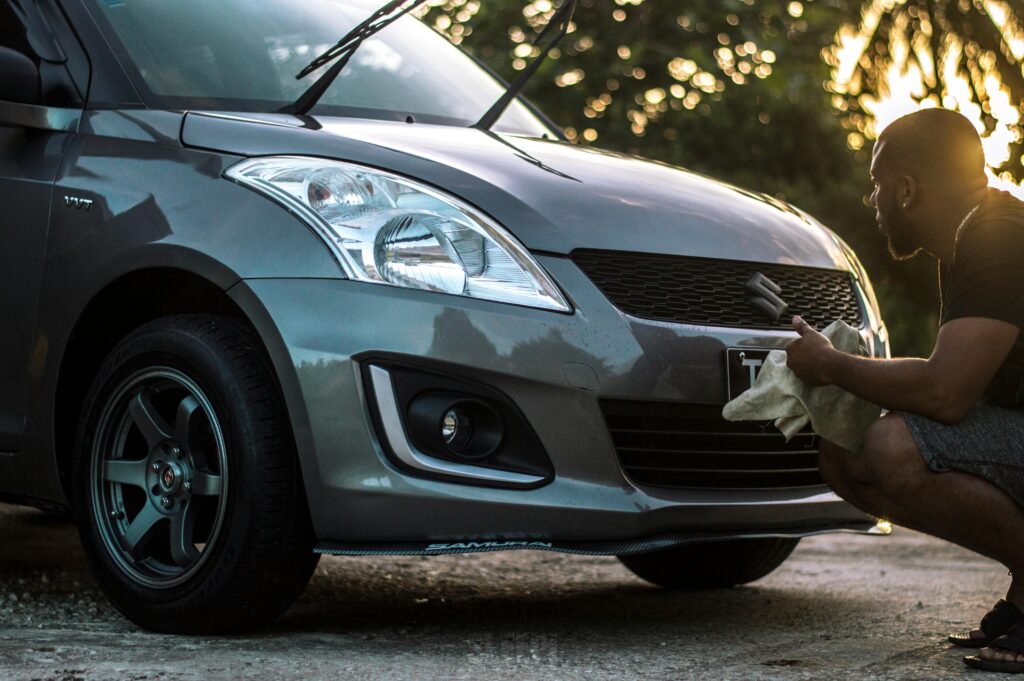The car finance process is not just about picking a contract that you can afford. Most consumers have now turned to the internet to search for PCP deals online, allowing them to compare prices and models, but few consider how the particular contract terms may affect their insurance costs. Personal Contract Purchase (PCP) deals have several variables, including the term length, mileage limits, and balloon payment, that determine your ownership experience. All these may also influence the manner in which insurers evaluate the risk and cost of your coverage.
Agreement Length and Insurer Perception
Duration has a subtle yet important role in risk determination. The shorter PCP terms typically come with increased monthly payments, which can encourage more careful use of the vehicle to prevent damage and make it easier to return at the end of the term. Insurers may perceive this behaviour as reduced risk, which may be reflected in the premium.
On the other hand, longer contracts spread payments over a longer period, so the vehicle is a bit older when it is returned or bought outright. Older vehicles may be in varying conditions, and some insurance companies may charge higher premiums, especially when parts are difficult to replace or depreciation significantly affects the payout amount.
Mileage Caps and Risk Assessment
Most PCP agreements are based on mileage restrictions. Anything above these limits may attract hefty fines; however, in the mind of an insurer, a low annual mileage usually indicates a low likelihood of accidents.
When mileage limits are tight, e.g., 6,000 to 8,000 miles per year, this can be an indication of limited road exposure. There are insurance providers that provide low rates in such cases. You need to ensure that your estimated annual consumption is reported accurately when obtaining a quote for your insurance so that it corresponds exactly with the provisions of the contract.
In the event that a driver habitually exceeds the mileage limit, the insurer may reclassify the risk category and adjust the premiums upon policy renewal or even demand interim revisions. Transparency in real usage helps maintain consistent and reasonable cover terms.
Impact of the Final Balloon Payment
The high amount at the end of a PCP arrangement, the balloon payment, does more than decide whether you retain the car. It also indicates a part of the vehicle’s residual value. Since this payment is pegged on a guaranteed future value, insurers will consider this in their computations when calculating possible loss scenarios.
Cars with large balloon payments tend to have higher values, so insurers will be required to be prepared to spend more in the event of complete loss or theft. Such a dynamic may result in slightly higher premiums unless protection measures, such as Guaranteed Asset Protection (GAP) insurance, are in place.
Adjusting Cover to Fit the Agreement
Customising your insurance policy to your PCP’s terms will avoid surprises. Comprehensive cover is typically mandatory, as you do not own the car at the time of the contract. Most finance companies typically require this to safeguard the asset in full, regardless of the agreement’s duration or mileage limit.
It can also be recommended to include GAP insurance. It fills the gap between what your insurer will pay out and the finance still to be paid, particularly during the first few months when depreciation will have its most severe effect.
Other extras such as courtesy car cover or windscreen protection are optional and will be of interest depending on how much you rely on the vehicle on a daily basis. A close reading of the small print of the agreement will help you ensure that your insurance will conform to the expectations of the contract.
Comparing Quotes with PCP in Mind
When requesting insurance quotes, state the truth about the vehicle’s financing status, specifying it as financed under a PCP and not as owned. This helps insurers make the right offer. You are increasingly able to enter such information into comparison tools, which helps you locate providers who are familiar with PCP-specific risks and conditions.
Also, think of the brand and model associated with the PCP deal. Vehicles of higher value or those with performance-oriented features can result in higher premiums, regardless of the contract terms.
A Smart Match Between Policy and Plan
The knowledge of the intricacies of a PCP agreement may assist you in making better decisions when planning insurance. The way in which cover levels are adjusted, depending on the mileage limits or the overall coverage provided over longer periods, every contractual detail influences the perception of risk by insurers in a subtle manner. When you go online to find PCP deals, consider the implications of those decisions on your annual premium. Your finance and insurance packages can complement each other; with proper planning, you can save money without compromising protection.

